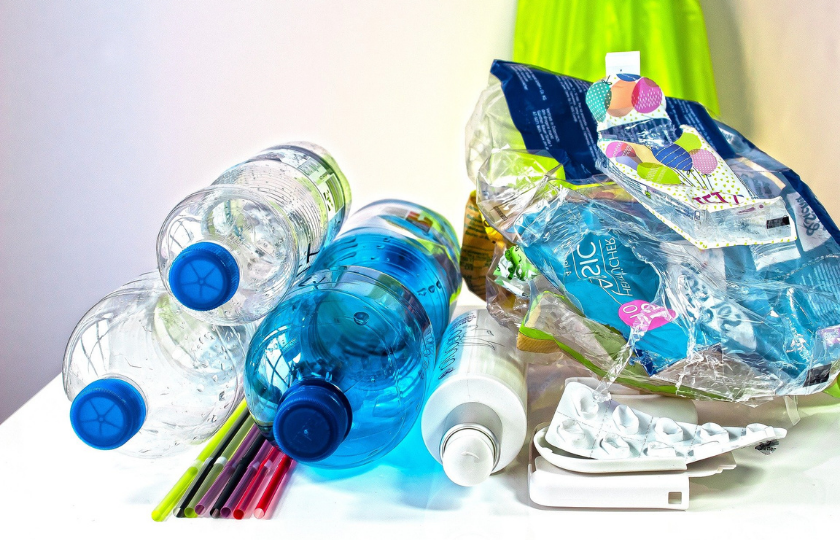Fossil fuels comprise 80 per cent of the world’s primary energy source, contributing to approximately two-thirds of global carbon emissions. Lowering that figure remains a challenge but not impossible.
Researchers from RMIT University, Australia, have discovered a new method to produce valuable nanomaterials and clean fuel from plastic while simultaneously upcycling organic waste.
According to lead scientist Associate Professor Kalpit Shah, upcycling two massive waste streams through one circular approach could deliver substantial financial and environmental benefits.
“Our method is clean, cost-effective, and readily scaleable,” said Shah.
“It’s a smart solution for transforming both used plastic and organic waste – whether tonnes of biomass from a farm, or food waste and garden clippings from household green bins. We hope this technology could be used in future by local councils and municipal governments to help turn this waste into genuine revenue streams.”
The team revealed a two-step process that converts organic waste into a carbon-rich and high-value form of charcoal called Biochar that can be used as a catalyst to upcycle plastic waste.
To break down plastic waste, Biochar is used to eliminate its toxic contaminants such as Poly-cyclic Aromatic Hydrocarbons and helps break the material down into components of gas and oil. This process results in the conversion of plastic to clean liquid fuel; simultaneously, the carbon in the plastic is converted into nanotubes which can be used for environmental remediation or improving agricultural soils.
“We focused on polypropylene as this is widely used in the packaging industry,” Shah added.
“While we need to do further research to test different plastics, as the quality of the fuel produced will vary, the method we’ve developed is generally suitable for upcycling any polymers – the base ingredients for all plastic.”
The team from RMIT is keen to work with plastic and waste industries to expand their research for potential applications of their upcycling method.
Related studies of potential sources for clean energy include sewer gas and wind turbines.



